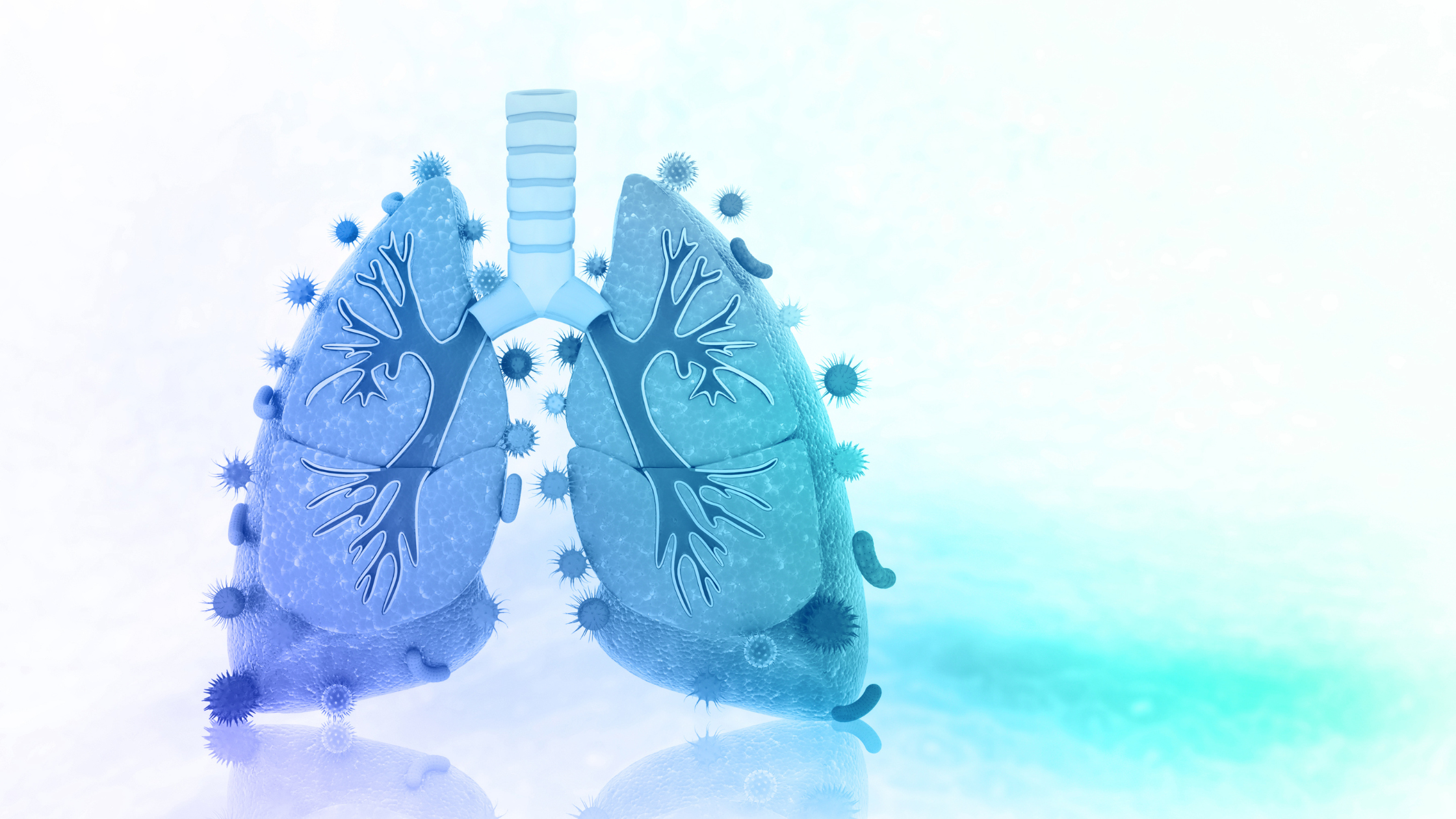Fueling animal gut health: the role of SCFA
The intestinal tract of animals is home to intricate microbial communities known as the gut microbiota. The gut microbiota functions in a symbiotic relationship with the host animal, and its composition and roles can be influenced by various external factors, such as feed and antibiotic usage. These microbial communities carry out essential functions in the gut, such as the degradation and metabolism of nutrients and the production of bioactive metabolites, which contribute significantly to the growth, development, and overall gut health of animals.

An example of such metabolites produced by the gut microbiota are short-chain fatty acids (SCFAs). These metabolites are generated as byproducts of microbial fermentation within the gut, primarily resulting from the breakdown of dietary fiber. Fibers are carbohydrate polymers of different sizes that are resistant to digestion by the animal’s own enzymes. Instead, the broad enzymatic capabilities of the gut microbiota have the power to enable the comprehensive degradation of indigestible fibers via fermentation. SCFAs are fatty acids with up to six carbon atoms. The primary SCFAs synthesized in the gut include acetate (C2), propionate (C3), and butyrate (C4). Acetate is synthesized through pathways that are broadly present across various microbial groups. In contrast, the pathways for producing propionate and butyrate are more specific to certain substrates and are highly conserved.
- Acetate is the most abundant SCFA produced and mediates the metabolism of glucose and fatty acids in muscle.
- Propionate is mostly metabolized in the liver and is important for gluconeogenesis.
-
Butyrate has a key role in maintaining gut health, as it is a primary energy source for the cells lining the gut, especially in the colon.
The production of SCFAs in animals occurs mainly in the large intestine (colon) or rumen, depending on the species. Herbivores like cows, sheep, and horses, rely on the fermentation of fibrous plant material in specialized compartments (like the rumen or cecum) by their resident gut microbes. In non-ruminants like pigs, this fermentation takes place primarily in the colon. Key bacteria involved in this process include species from the phylum Firmicutes and genera Bacteroides and Prevotella, among others. The efficiency of this microbial fermentation is critical for the animal’s ability to extract energy from plant materials. The produced SCFAs play an essential role in the overall health, nutrition, and immune function of the animal. While small in molecular size, these fatty acids have a large impact on gut health and broader physiological processes in animals.
Vital for Gut Health in Animals
The role of SCFAs in maintaining the health of the animal gut cannot be overstated. Butyrate, in particular, is essential for the well-being of the gut epithelial cells, providing them with the energy they need to function optimally. This energy supports processes such as maintaining a strong gut barrier, which is crucial for preventing harmful bacteria and toxins from crossing into the bloodstream. A strong gut lining is particularly important for protecting animals from gut-related diseases and infections.
In addition to fueling the gut lining, SCFAs like butyrate help promote the production of mucus in the intestinal walls. This mucus serves as a protective layer, reducing the risk of infections and inflammation by blocking pathogens from adhering to the gut lining. By modulating inflammation and supporting the integrity of the gut wall, SCFAs play a role in reducing the risk of gut diseases in both farm and companion animals.
pH Regulation and Microbial Balance
The production of SCFAs results in a decrease in gut pH, rendering it more acidic. This acidic environment is crucial for supporting a healthy balance of gut microorganisms, encouraging the growth of beneficial bacteria such as Lactobacillus and Bifidobacterium. At the same time, the microbial fermentation process creates an anaerobic gut environment, which favors butyrate production by anaerobic bacteria. Butyrate utilization by the gut epithelial cells through beta-oxidation, a process that consumes oxygen, contributes in the maintenance of the anaerobic environment. The acidic and anaerobic environment suppresses the growth of harmful bacteria that can cause diseases.

Enhancing the production of SCFAs in animals is essential for promoting their overall health, improving digestion, and increasing productivity, particularly in livestock. As SCFAs are generated through the fermentation of dietary fibers, the selection of feed and management practices plays a crucial role in shaping the gut microbiome and determining the levels of SCFAs produced. By carefully designing feed and creating environments conducive to microbial fermentation, we can ensure that animals achieve optimal SCFA production, thereby supporting their health and development.
Fiber-Rich Feed for Enhanced SCFA Production
At the core of SCFA production is the fermentation of dietary fibers, particularly non-digestible carbohydrates like cellulose, hemicellulose, and pectin. By providing animals with high-quality, fiber-rich feeds, it is possible to promote the growth of beneficial bacteria and increase the production of SCFAs. Common fiber sources that boost SCFA production include:
- Forages: Grass, hay, and leguminous plants (e.g., alfalfa) are rich in fiber and are crucial for ruminants. These fibrous materials help stimulate fermentation in the rumen, leading to optimal SCFA production.
- By-products: Agricultural by-products like beet pulp, soybean hulls, and citrus pulp are excellent fiber sources, promoting fermentation and the generation of SCFAs.
- Whole Grains and Cereals: Though high in starch, whole grains like oats, barley, and wheat bran contain fiber that can also contribute to fermentation, particularly in pigs and poultry.
- Fermented feed, such as silage, has already undergone microbial breakdown and is readily fermentable by gut bacteria.
Prebiotics and Probiotics
Prebiotics and probiotics play a significant role in shaping the gut microbiome and boosting SCFA production. Prebiotics are non-digestible feed ingredients that promote the growth of beneficial microbes in the gut. In animals, prebiotics like inulin, fructooligosaccharides (FOS), and mannan-oligosaccharides can be added to feed to enhance the proliferation of bacteria that produce SCFAs. Inulin and FOS, for instance, are highly fermentable fibers that serve as food for SCFA-producing bacteria like Bifidobacterium and Lactobacillus.
Probiotics are also known as live beneficial bacteria that can be administered to animals. They can be used to directly enrich the gut microbiome. Supplementing animal diets with strains of bacteria (eg. Bacillus strains are frequently used) known for their SCFA production can increase the population of these key microbes in the gut, improving fermentation efficiency and SCFA yield. This is especially helpful in young animals or those recovering from illness, where gut health may need additional support.
Managing Stress and Environment
In addition to dietary factors, the regulation of an animal's environment and stress levels is essential for promoting the production of SCFAs. Stress, which may arise from inadequate housing conditions, overcrowding, or sudden dietary changes, can lead to dysbiosis. Dysbiosis is a disruption in the balance of the gut microbiome. This imbalance frequently results in decreased SCFA production and compromised gut health. Implementing strategies to reduce stress and improve gut health is essential, and these may include:
- Consistent feeding routines: Abrupt dietary changes can disrupt microbial populations in the gut, so gradual transitions between feed types are critical.
- Providing clean and comfortable living conditions: Stress reduction through proper housing, ample space, and clean environments can help maintain a healthy gut microbiome, which in turn supports optimal SCFA production.
- Reducing infections with pathogens (viruses, bacteria and parasites): Pathogens can cause a dramatic shift in the microbial composition (dysbiosis). Examples can be coccidiosis in poultry and rotaviruses in weaned pigs.
- Reducing antibiotic use: Overuse of antibiotics can disrupt the gut microbiome, killing off beneficial bacteria involved in SCFA production. When antibiotics are necessary, using probiotics and prebiotics alongside treatment can help restore microbial balance.
A stable and balanced gut microbiome is crucial for the effective production of SCFAs, which are instrumental in supporting both the gastrointestinal and overall health of animals. The composition of the gut microbiota and the production of SCFAs are significantly influenced by the intake of dietary fibers. This process can be further optimized through the administration of fiber-rich diets, as well as the use of pre- and probiotics, alongside efforts to enhance the well-being of animals. Gaining insights into the relationship between diet, the microbiome, and SCFA production is vital for understanding and optimizing animal health.
If you have any questions, feel free to contact us via this form.


